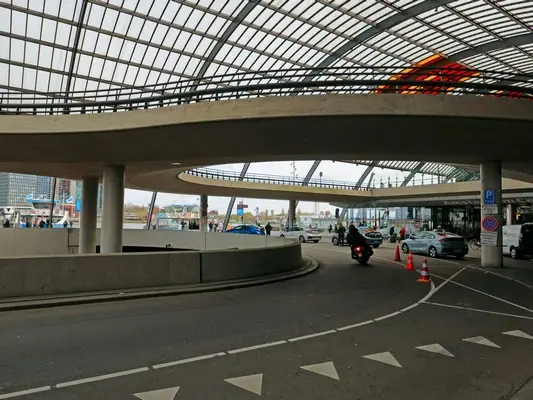
Social Distancing
Introduction The concept of social distancing gained international prominence during the COVID-19 pandemic, becoming a central mechanism in efforts to curb the spread of the virus. However, from a sociological perspective, social distancing is not merely a public health protocol.…


